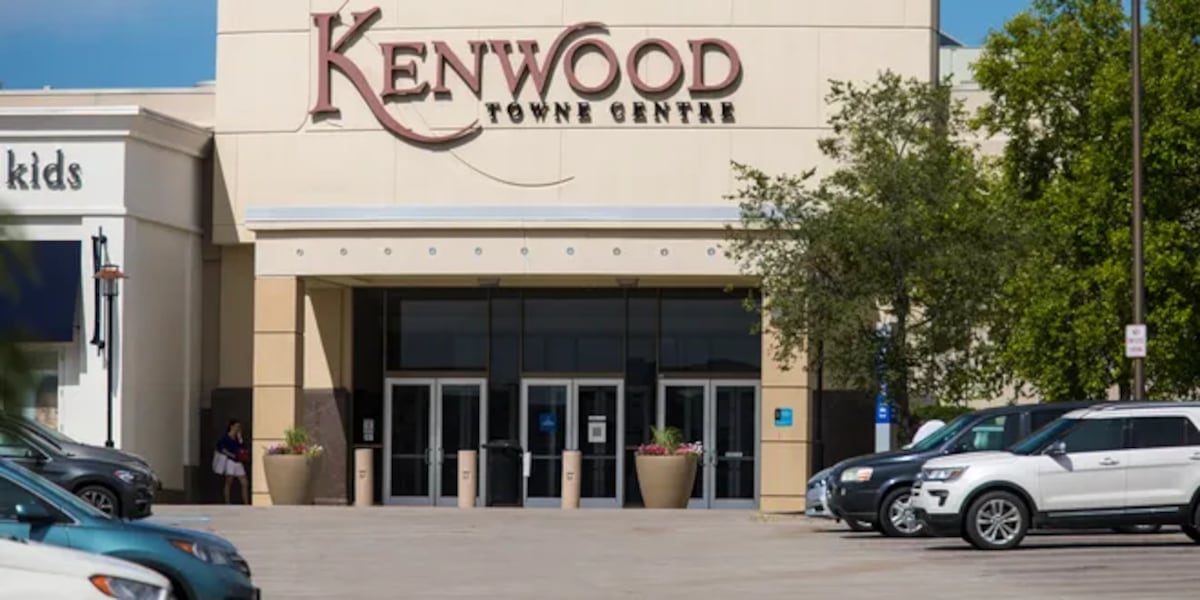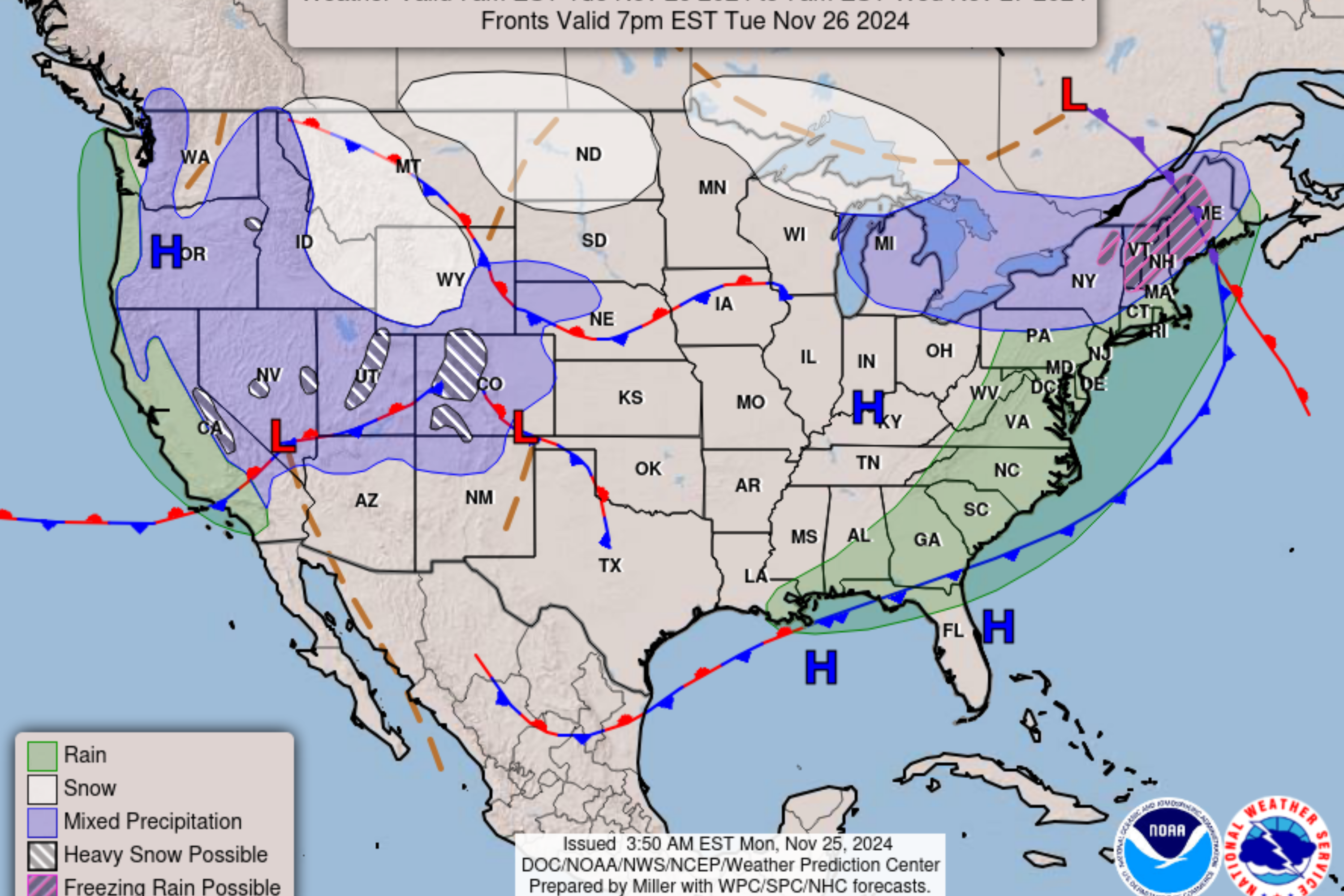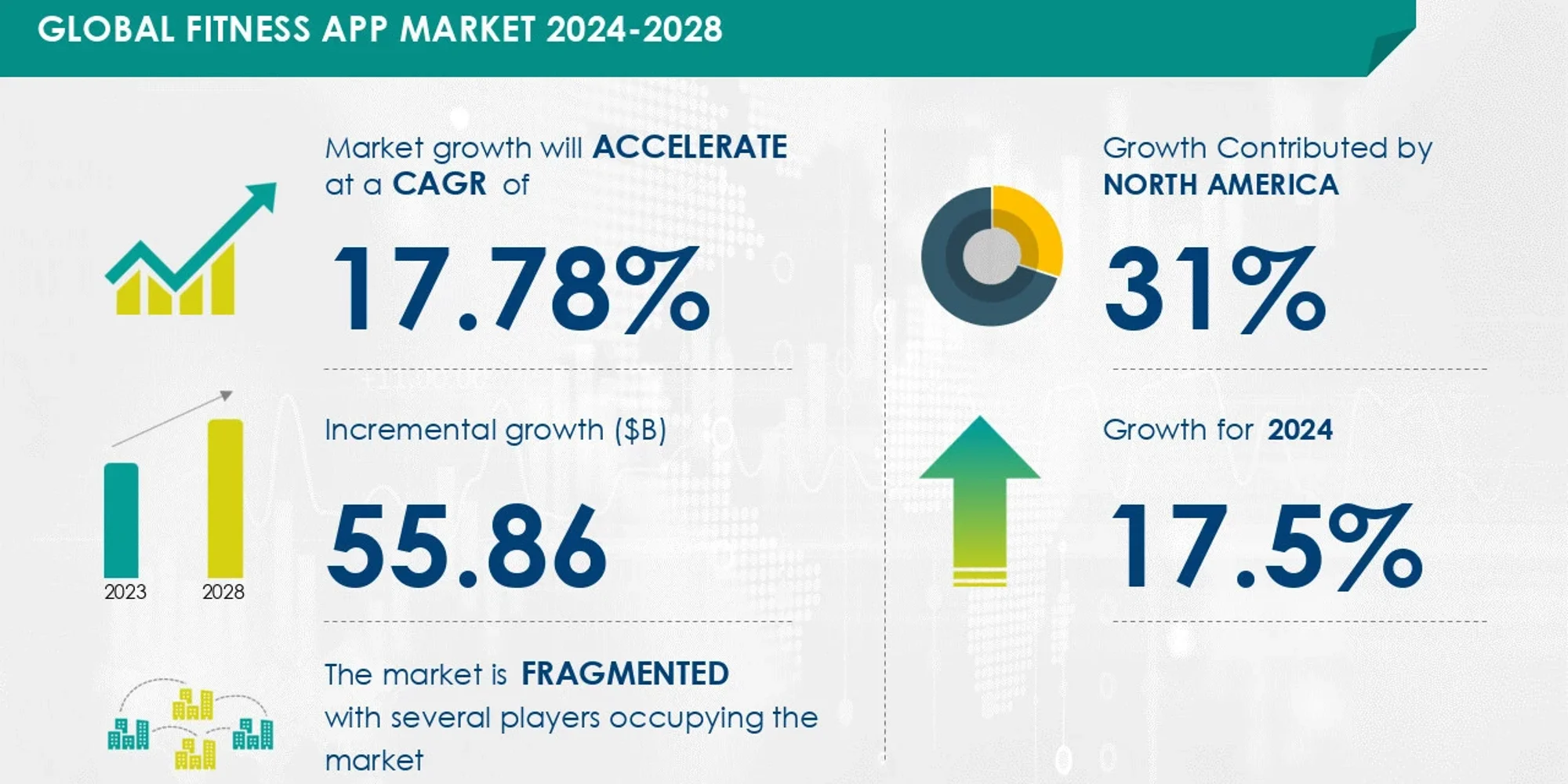Bussiness
Nearly half of small businesses say they won’t survive second Biden term: survey

(The Center Square) – Nearly half of 80,000 small businesses surveyed say they won’t survive the current economic climate, ongoing inflation or another four years of Biden administration policies, according to the survey conducted by RedBalloon and Public Square.
Their May Freedom Economy Index found that small businesses “remain in survival mode,” with 40% delaying paying bills to manage cash flow and 70 percent putting staffing plans on hold, neither hiring nor reducing staff, “the highest reading … over the past year,” the report states.
Among those surveyed, 64% said the U.S. is headed toward stagflation, when inflation continues to climb and the economic rate slows.
Nearly half of businesses surveyed said they “definitely” (22.4%) or “probably” (26.2%) won’t survive continued inflation or “survive another 4-year term of a Biden presidency.”
An overwhelming majority, 90%, said a top priority for a second Trump administration would be to “control the border,” after more than 12 million foreign nationals have illegally entered the U.S. and violent crime has escalated since President Joe Biden took office, The Center Square has exclusively reported.
The survey queried 80,000 small businesses with fewer than 500 employees nationwide, including those in the retail, hospitality, service and restaurant industries.
“It’s been a difficult 3 years for America’s small businesses,” PublicSquare’s CEO Michael Seifert said.
“While many inside the Beltway may feel like things are good, that isn’t translating to Main Street America – the frontlines of our small business economy.”
“Just like families all across the nation, many small business owners are now in bill paying triage,” RedBalloon’s CEO Andrew Crapuchettes said.
“All of the government reports and happy-talk from Washington, D.C. doesn’t change that Americans continue wrestling with inflation, and a majority of small business owners now predict we’ll slip into stagflation.”
The survey includes “verbatim” written answers from small business owners about the financial struggles they face.
When asked, “What (if any) changes would you consider making to your business plans in preparation for a second Biden term?,” small business owners said they couldn’t make it.
One said, “Actively look at selling out to a larger competitor.”
Another said, “Close my businesses.”
Still another, “Cross my fingers? I don’t even want to consider that.”
Others said, “Decrease staff – cut costs;” “Elimination of lower performing business units, decrease staffing by 50%.”
Still others: “I would just shut the doors. We have already reduced cost as much as we possibly can to survive as it is. We would have no choice.”
“There are none to make. Have had to borrow money & with the drop in business, there’s nothing more I can do. My daughter & I work 14 hours a day.”
“I will most likely have to close.”
“I would lay off all workers and transition to a self-employed business.”
“No changes can be made without just closing the doors. We have already cut costs to the bare minimum.”
“There is nothing I can afford to do in addition to what I’m already doing. If things don’t change, I’ll be finished.”
“We want to sell now and not take that chance.”
“Freeze on all new equipment, no new hires, decrease of hours for all employees.”
“I would close approximately half of my locations.”
“I, grievously, will probably have to close my business.”
“Laying off associates to stay afloat or just close the doors.”
“Buckle down and hope he doesn’t run us into the ground.”
“Sadly but probably close my business.”
Nearly half of those surveyed, 49%, have been in business for more than 10 years; nearly 28% have been in business for three to 10 years.










